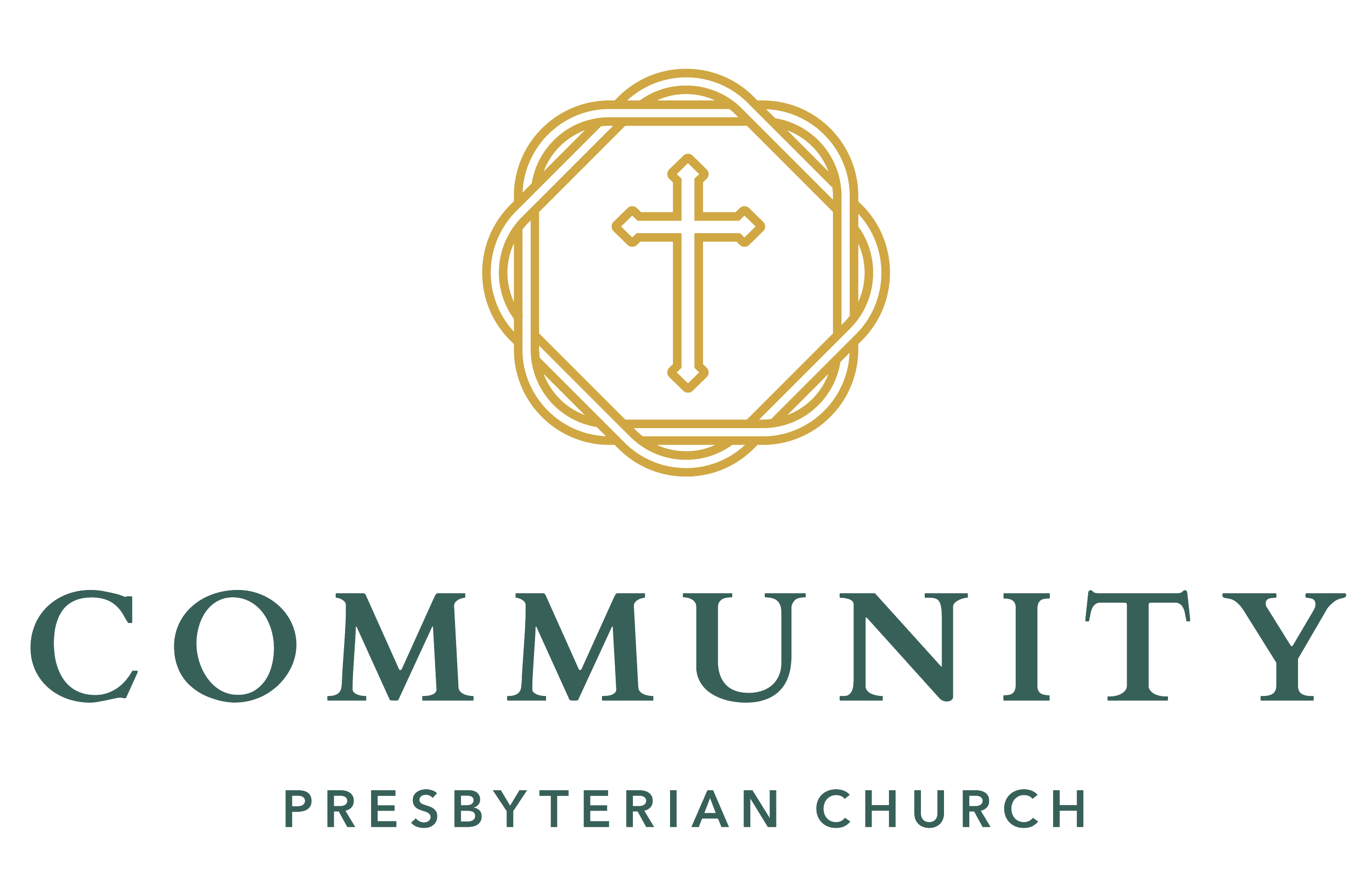What is the Lord's Supper? (Part 1)
It has been the intention of Community’s session for some time to move to a monthly observance of communion, as opposed to quarterly, and now with a full-time minister we are able to implement that vision. With that in mind, for the next several months on the first Sunday of the month we will be exploring what the Lord’s Supper is all about and why it’s worth observing more frequently. Take these home, read over them throughout the week, and Lord-willing it will be a useful resource for you in preparing your heart to come to the table the following Sunday.
Let’s begin by using our Confession as a guide for our discussion. Chapter 29 begins by stating the threefold purpose of the Lord’s Supper:
Our Lord Jesus, in the night wherein he was betrayed, instituted the sacrament of his body and blood, called the Lord's Supper, to be observed in his church, unto the end of the world, for the perpetual remembrance of the sacrifice of himself in his death; the sealing all benefits thereof unto true believers, their spiritual nourishment and growth in him, their further engagement in and to all duties which they owe unto him; and, to be a bond and pledge of their communion with him, and with each other, as members of his mystical body.
If you’re like me and alliteration helps you learn things, than I have categorized these three purposes as 1) a perpetual remembrance 2) a provision of spiritual nourishment 3) a pledge of our communion with Christ. This week let’s consider this first point: the Lord’s Supper is “for the perpetual remembrance of the sacrifice of [Christ] in his death.”
This point is hardly debatable. After all, Jesus himself said “Do this in remembrance of me” (Luke 22:19). Every tradition of Christianity agrees that in some sense the Lord’s Supper is meant to be a memorial meal. However, the question has all been is that all that it is? It was controversy over this very issue that caused the divide between protes- tants during the Reformation. Ulrich Zwingli insisted that the Lord’s Supper was only a memorial, while Luther insisted more than just remembering we are actually feeding upon Christ.
Sadly, the Zwinglian view of the Supper is what dominates main- stream evangelicalism today. The average Christian thinks there is noth- ing more going on in the Supper than merely providing a time for us to reflect upon the gruesome death Christ endured for us and to feel sorry for our sins. This conception has also seeped its way into many Reformed churches. This is often the argument used against having frequent com- munion: if we have it too often, we haven’t left ourselves sufficient time
to “forget” it in order to “remember” it properly. This argument is weak for two reasons, the first of which being that God has commanded us other things to remember on a weekly basis! “Remember the Sabbath day to keep it holy” (Ex 20:8). We all suffer from spiritual amnesia: the whole problem with sin is that we forget! We forget who we are, what we’ve done, who God is, what he has done, etc. So we do need to remember, and often.
The second reason this is a bad argument against frequent communion is that it reduces the purpose to being only a memorial, when it is fundamentally so much more than that! But we will explore that in the weeks ahead. For now, let’s content ourselves with pondering what it means to “remember.”
Sacraments in general are given because God knows we are a forgetful people. He speaks His word of promise to us in the preaching of His Word, but we forget it. He knows we learn by use of all the senses, not just our ears. Think of the scene when God proclaimed to Abraham the covenant of grace: “Fear not, Abram, I am your shield; your reward shall be very great” (Gen 15:1). You would think that word of promise from God himself would be enough, but it wasn’t. Abraham still doubted, asking how in the world God could possibly make some- thing great out of his miserable situation (vv.2-3). What does God do? He does not give Him a newer, better promise. He gives Him a way of confirming and remembering the original one: “And he brought him outside and said, ‘Look toward heaven, and number the stars, if you are able to number them.’ Then he said to him, ‘So shall your offspring be.’ And he believed the LORD, and he counted it to him as righteousness” (vv.5-6). The stars of the night sky were a confirmation to Abraham of God’s covenant of grace with him and his family. We could say they acted as a sacrament in this instance. Every time Abraham stepped outside at night, he remembered what God had promised.
So God has instituted the sacraments to help our amnesia. We can never be told to remember too often, because we are always forgetting! So remember, friends. When you hear the breaking of the bread, remember the breaking of Christ’s body on the cross. When you see the wine, remember the blood spilt for you. When you smell the wine, remember the pleasing aroma of Christ’s once-for-all sacrifice that satisfied the Father (Lev. 1:9). When you taste the bread, remember that Christ is the bread from heaven that fills every spiritual need and strengthens us for this, our brief earthly pilgrimage.
